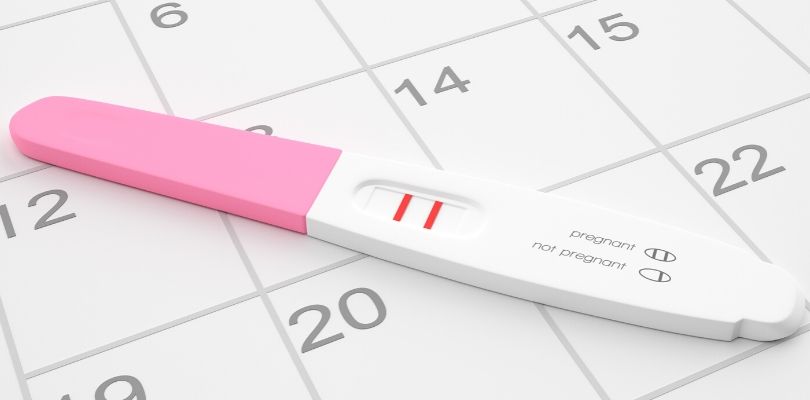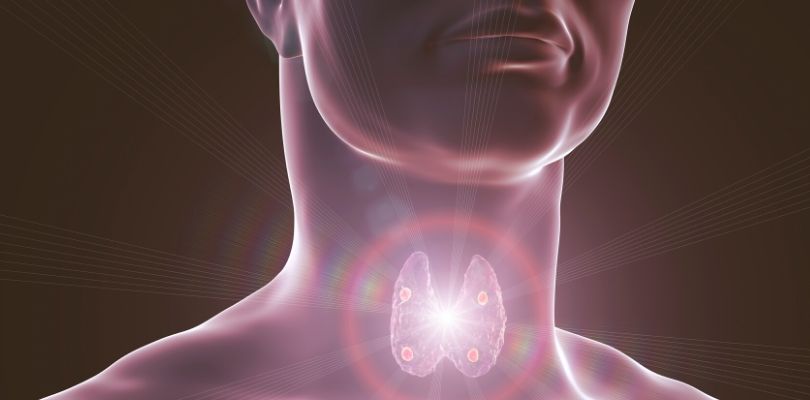Pregnancy Symptoms
Sometimes it is hard to tell if you are pregnant or not. Testing positive on a pregnancy test will confirm any suspicions you may have, but there are other pregnancy symptoms as well. Here are some common symptoms to look for, apart from taking a pregnancy test.
Missing Your Period
If your period has yet to come a week after you expected it to, this could be a sign of pregnancy. The reason this could be a sign of pregnancy is that when you are pregnant it is not possible to menstruate because the hormone, hCG, prevents menstruation. There can be light bleeding around the time when your period should have been expected during the early stages of pregnancy. This would happen about six weeks into the pregnancy.
Having your periods stop can be a sign of pregnancy, however, it is not a guarantee. This is because irregular menstruation cycles can still be a contributing factor to missing your period.
Tender or Swollen Breasts
During the early stages of pregnancy, you may find that your breasts feel sore. They may even be tender to the touch. They can also feel fuller and heavier at this point too. The swelling and tenderness can occur until two weeks after the child is born.
Nausea
Nausea that comes along with pregnancy can be extremely difficult to deal with. Morning sickness is unfortunately common for some women who are pregnant. Regardless of what it is called, morning sickness can occur at any time of the day. This usually occurs one month after you become pregnant. It is possible to become nauseous before this, but it is also possible to never experience nausea at all while pregnant. It is different for every woman and different with every pregnancy.
Cravings
Cravings are one of the most interesting symptoms of pregnancy because many times these cravings can be oddly specific. While most of the time these cravings are for random foods, on rare occasions some individuals experience something called pica, “in which you compulsively eat items that have no nutritional value, such as ice, dirt, dried paint flakes, or pieces of metal.” If you start showing signs of this, you should speak to a medical professional as soon as you can.
Cramping
During the early stages of pregnancy, it is possible to experience mild to moderate cramping. These cramps tend to be in the lower stomach or the lower back. If you have a history of pregnancy loss, it is extremely important that you do not ignore these symptoms. If they do not subside, or if they get more intense you should contact your doctor immediately. If you experience any type of bleeding or discharge, it is also important to reach out to your doctor.
Many people consume multivitamins, but do multivitamins work? Here you'll find out if they're worth the money and if they offer any health benefits.
Frequent Urination
You may find yourself urinating more than you are used to when you are pregnant. Your kidneys are required to process more fluid than they are generally accustomed to during pregnancy, due to the elevated levels of blood in your body. This results in more fluid entering your bladder. This can be especially prevalent during the third trimester. It is important for your health that you do not ignore these urges and you go when have the urge!
Fatigue
You may find that you may not feel as energetic as you usually do during your pregnancy. This is very normal, especially during the earlier parts of the pregnancy. This has a lot to do with the increased levels of the hormone progesterone. This hormone can make you fairly sleepy. During the first trimester, hormonal changes seem to be the main cause of fatigue.
During the second trimester, you may start to return to your normal energy levels. You can still experience fatigue at this point, but out of the three trimesters, the second one is the one where you are more likely to feel energetic.
Once the third trimester comes around you may start feeling more fatigued again. The weight of the baby may start to affect you and you may have trouble sleeping.
Adjusting your schedule, eating a balanced diet, doing moderate exercise and ensuring you have adequate amounts of rest are very important for combatting fatigue during pregnancy.
Other Potential Symptoms of Pregnancy
According to Mayo Clinic, potential signs and symptoms can also include:
- Moodiness
- Bloating
- Light spotting
- Cramping
- Constipation
- Food aversions
- Nasal congestion.
Unfortunately, these can all be indicative of other health issues, so it is important to see a medical professional if any of these symptoms persist.
The thought of being pregnant can bring forth a myriad of emotions based on a wide variety of factors. All of these emotions and the reasoning behind them are legitimate. If you are looking for confirmation about whether you are pregnant, you should either take a pregnancy test or see your doctor. Either way, it helps to know what is causing all these new changes you are experiencing in your body. If you find that you are pregnant, it is important to keep your medical professionals involved in any decisions you may make regarding your future.







